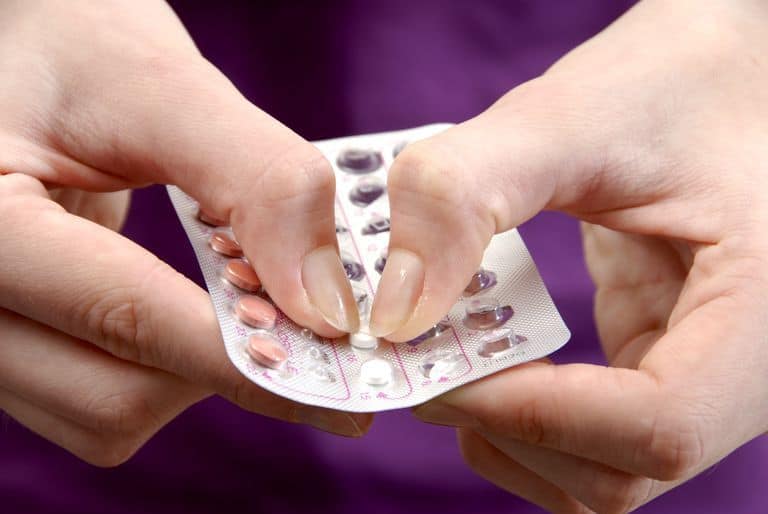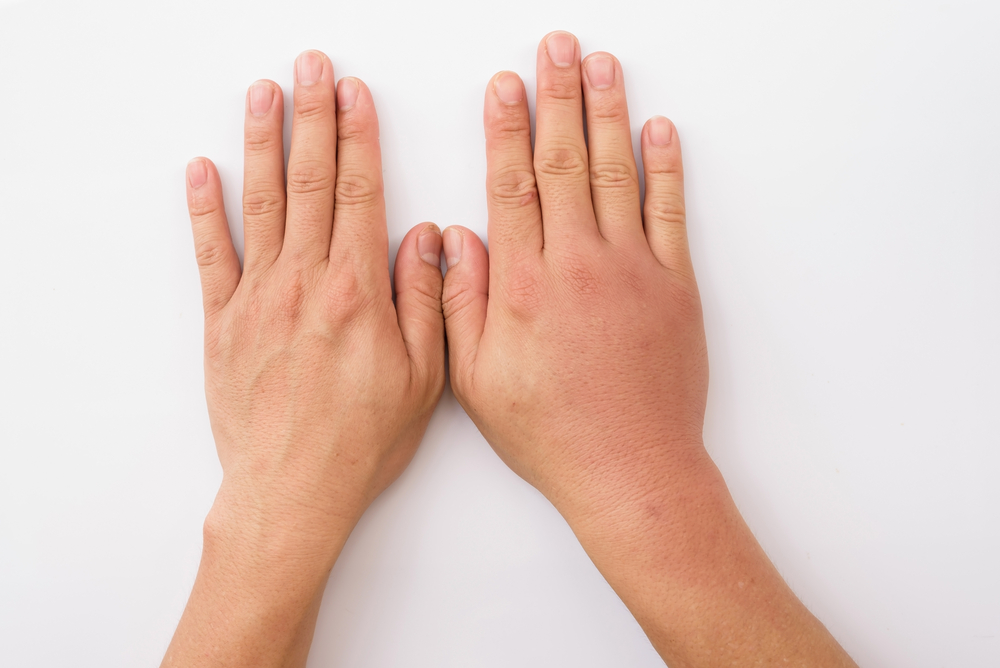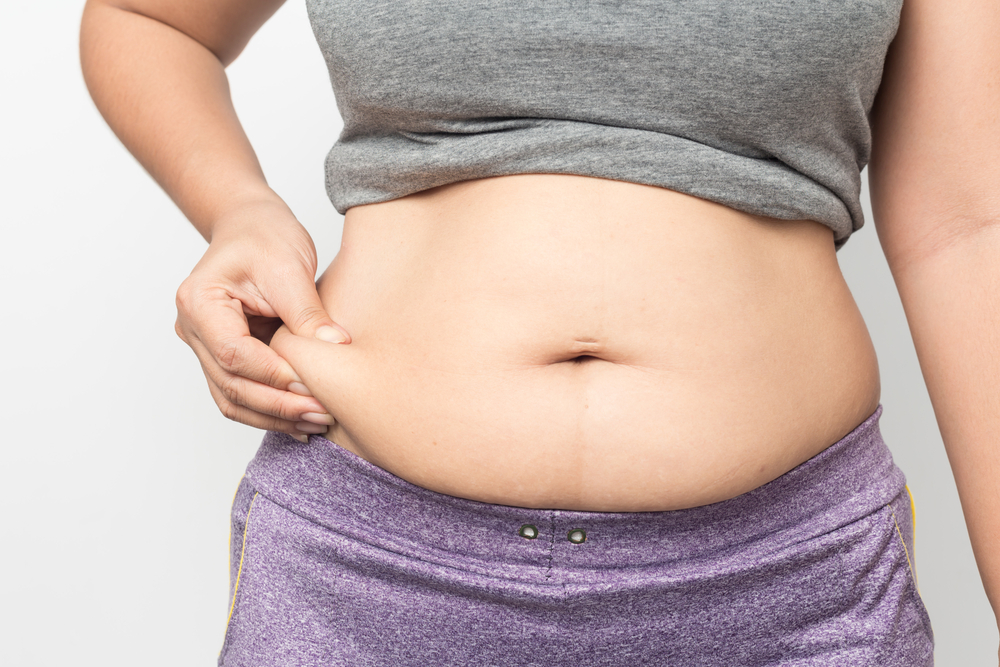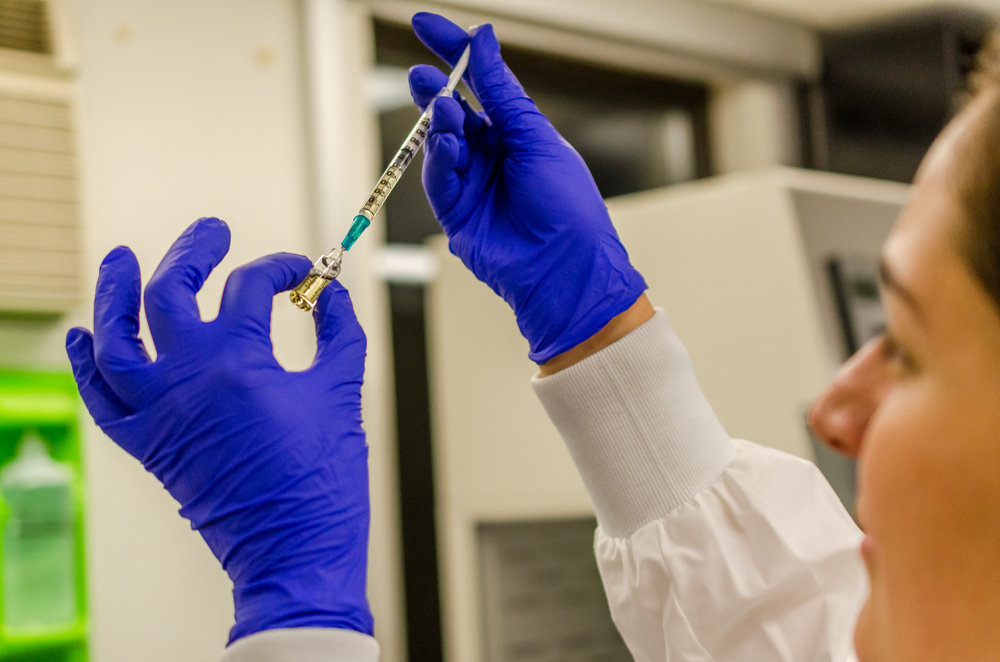Contents:
- Medical Video: 15 Foods That Reduce Your Heart Attack Risk by 80%
- Avoid these 11 habits if you don't want milk production to decrease
- 1. Exhaustion after labor
- 2. Having certain diseases
- 3. Drink too much caffeine
- 4. Become an active smoker
- 5. Drink alcohol
- 6. Take birth control pills
- 7. Don't manage stress well
- 8. Consumption of spices or herbs in excess
- 9. Take certain medicines
- 10. Is pregnant again
- 11. Diet
Medical Video: 15 Foods That Reduce Your Heart Attack Risk by 80%
Not a few breastfeeding mothers - especially for new mothers - who can actually produce enough milk but are still overwhelmed with worry about their milk supply. No matter how much breastmilk has been produced, the mothers may still be stricken with fear if the child does not get enough milk. In fact, too worried about this can actually make milk production decrease or even stop breastfeeding. Apart from mind factors, there are a number of daily habits that can interfere with your milk production. Anything?
Avoid these 11 habits if you don't want milk production to decrease
You have to know what habits can make milk production decrease. Yes, the article is that there are many habits that you don't realize you are doing, so the supply of ASI decreases.
Various habits that can reduce milk production are as follows:
1. Exhaustion after labor
It's natural if you feel tired when the period after labor. At that time, you are required to breastfeed while recovering. Well, most mothers actually experience decreased milk production at that time. This transition period which is one of the causes of milk production is reduced.
Therefore, give your body enough time to rest. Ask your husband for help to meet all your needs when your body feels tired.
2. Having certain diseases
Experiencing certain diseases, such as infectious diseases, can cause your body to produce less milk. If you feel the symptoms of a particular disease and together with decreased milk production, immediately see a doctor for an examination.
Hypothyroidism and anemia are two diseases that can affect milk production. If you have certain infections, your doctor may prescribe antibiotics to treat the infection. Make sure your doctor knows that you are breastfeeding so that the drug is adjusted to the condition of your body.
3. Drink too much caffeine
Consumption of soda, coffee, tea, chocolate, or other caffeinated drinks is generally safe for consumption. However, if consumed in excess, this can reduce milk production. Not only for mothers, the caffeine you drink can also affect your baby's health.
When you consume coffee or tea, the caffeine content can be absorbed by the milk and enter into the body of the child while breastfeeding. As a result, babies can experience sleep problems and are easily fussy.
4. Become an active smoker
Smoking habits can interfere with the release of oxytocin in the mother's body. Oxytocin is known to be a hormone that stimulates the responselet-down reflex, namely the mother's reflex to remove milk from the breast and flow out of the body into the baby's mouth.
If the lethal down reflex does not function properly, breast milk will not flow out of the mother's breast and in the end the ASI needs for the child are not met.
5. Drink alcohol
Just like smoking, alcohol can also block the response let-down reflex to mother. In addition, alcohol can even change the taste of milk that is not liked by the little one. As a result, your child becomes lazy to breastfeed.
Not only does it reduce the supply of milk, drinking too much alcohol can also make your baby at risk of developing developmental delays.
6. Take birth control pills
If you start taking birth control pills to prevent further pregnancies, this can affect your milk supply. Because, birth control pills contain the hormone estrogen which can reduce milk production.
This is where the importance of consulting a doctor to get a contraceptive that is safe during breastfeeding, without reducing milk production. For example, with contraceptives that only contain progestins such as implants or contraceptive injections that do not interfere with milk production.
7. Don't manage stress well
Being a mother must maintain physical and psychological health. Because the pressure that causes physical, emotional, and psychological stress can reduce milk production. For example, you feel embarrassed and need privacy when you want to breastfeed. No matter how small the emotional changes can interfere with the let-down reflex when breastfeeding.
Other stressors such as anxiety, pain, financial problems, or problems with a husband can also reduce milk production. Speak from heart to heart with your husband if you experience a problem that fills your mind.
8. Consumption of spices or herbs in excess
Reporting from Verywell page, some herbal ingredients can reduce the amount of breast milk if consumed in excess. Examples of herbs or spices are parsley, oregano, and mint leaves. Immediately consult a doctor if you routinely consume certain herbal medicines.
9. Take certain medicines
Be careful when you take certain drugs during breastfeeding. Because, some types of drugs - both prescription drugs and over-the-counter drugs - can interfere with the hormone oxytocin, which regulates breast milk production. Medications such as allergy medications, cold medicines, and diuretics can reduce the supply of breast milk.
Therefore, you must inform your doctor that you are breastfeeding before the doctor prescribes any medication. Also ask about over-the-counter drugs that you can consume to treat your disease.
10. Is pregnant again
Breast milk production does tend to decrease if you are pregnant even though you are still actively breastfeeding. This is because pregnancy hormones are known to reduce milk production.
11. Diet
Often staying up late due to breastfeeding until midnight makes the mother obliged to fulfill her food needs and hydration well. But many mothers find that the amount of food and liquid intake is lacking, or not fulfilled. Even though this makes the milk production decrease.
However, it never hurts to meet the needs of food and fluid intake every day so that your milk production is maintained. Healthy food and adequate fluid intake are very important to maintain the health of the mother and baby.













